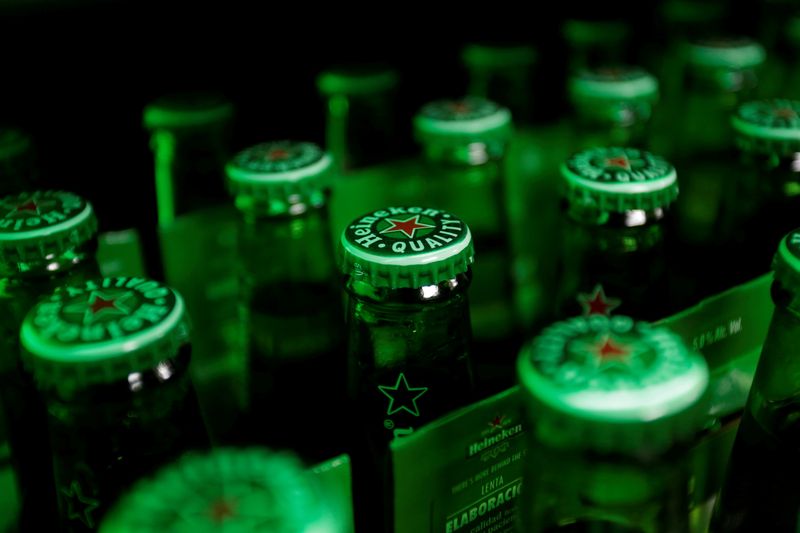NEW YORK – Kaiser, a Brazilian brewery owned by Heineken, has been included in the government’s list of companies responsible for labor conditions comparable to slavery, as announced on Friday.
The inclusion of Kaiser on the list was due to its association with Sider, a trucking company responsible for delivering Kaiser’s beer in Sao Paulo. In 2021, Sider faced charges for subjecting 23 of its drivers, 22 from Venezuela and one from Haiti, to conditions resembling slavery.
Heineken, in its defense, stated that it was unaware of the prevailing conditions at Sider, a company they have since dissociated from. Additionally, Heineken mentioned the development of a tool specifically designed to monitor labor-related concerns within its subcontractors. “We are actively working to resolve the issue concerning the inclusion of Cervejarias Kaiser on the list,” the company further clarified.
Sider came under scrutiny in March 2021 when an inspection revealed drivers were working excessively long hours, up to 18 hours a day without paid leave. Despite assurances of accommodation, many workers found themselves sleeping in their trucks due to the lack of provided lodgings.
In Brazilian law, slavery encompasses forced labor, debt bondage, degrading working conditions, and extensive hours that jeopardize health.
The Venezuelan employees were sourced through Operacao Acolhida, a governmental program aimed at resettling migrants in Brazil and linking them with potential employers.
Published biannually, Brazil’s “slave labor” list retains companies for two years unless a new offense surfaces during that timeframe. Companies on this list face restrictions, including ineligibility for federal government contracts and state loans. Moreover, the list serves as a reference for private banks assessing credit risks and international buyers keen on ensuring ethical supply chains.

